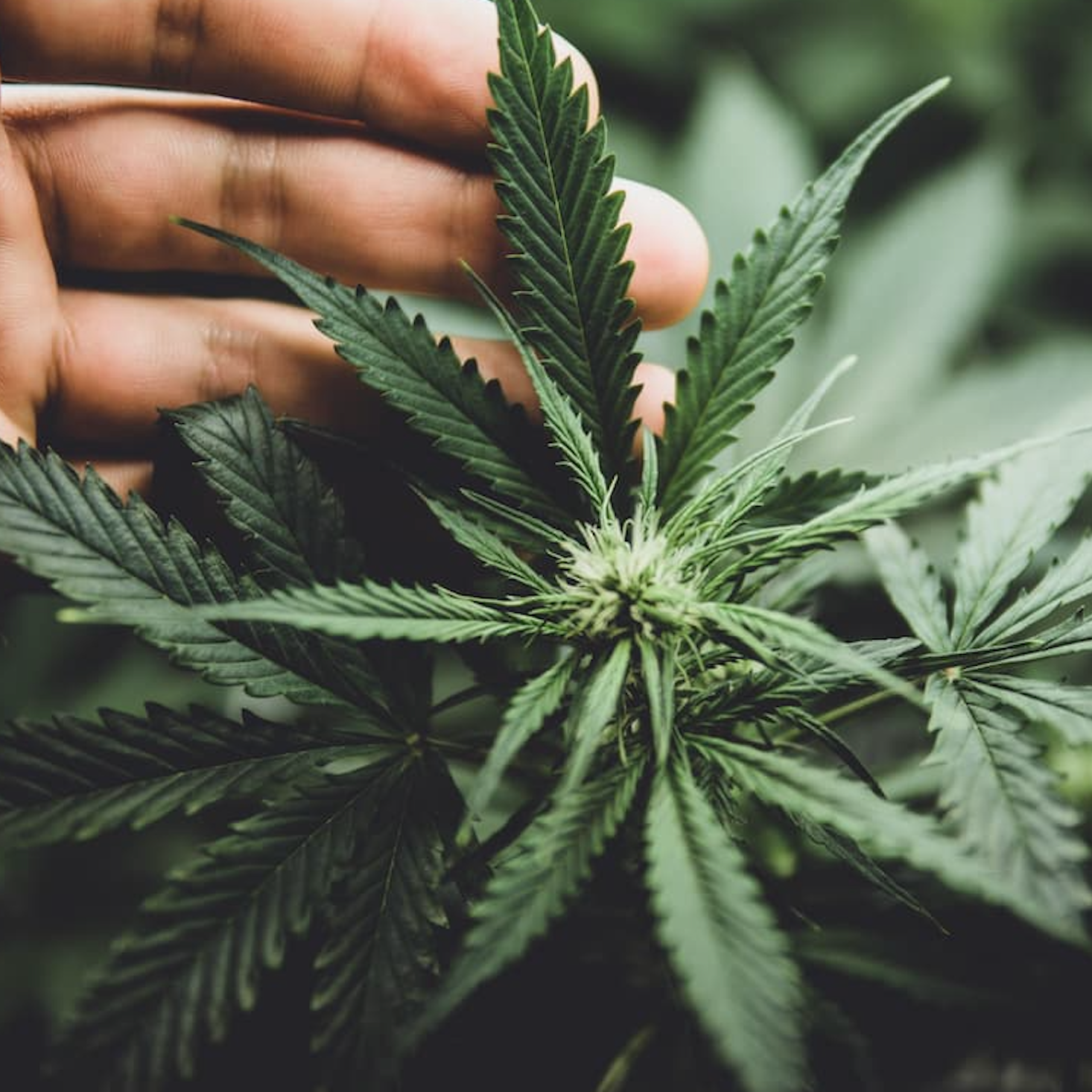Can Cannabis Reduce Drinking? New Study Shows THC May Lower Alcohol Consumption
Investigators found that even low-dose THC led to lower alcohol consumption compared with placebo.
By
Lana Pine
| Published on November 28, 2025
4 min read
Credit: Adobe Stock/TaylerDerden

Results of a new clinical trial published in The American Journal of Psychiatry show that smoking cannabis (marijuana) with THC may temporarily reduce how much alcohol people drink.
The study is the first randomized, double-blind clinical trial in humans to look at whether different doses of delta-9-tetrahydrocannabinol (THC) — the main psychoactive ingredient in cannabis — affect alcohol cravings and drinking behavior.
Key Takeaways
- Cannabis did not strongly change cravings, but it did reduce how much alcohol people drank during the session.
- Higher THC doses had stronger effects.
- This is early research, and no treatment recommendations should be made yet.
- Future studies on other cannabinoids (such as CBD) may help clarify how cannabis products affect alcohol use.
“What we found was consistent with this idea of the substitution effect popularized by the California sober trend,” said Jane Metrik, Ph.D., a professor of behavioral and social sciences and of psychiatry and human behavior at Brown University. “Instead of seeing cannabis increase craving and drinking, we saw the opposite. Cannabis reduced the urge for alcohol in the moment, lowered how much alcohol people consumed over a two-hour period and even delayed when they started drinking once the alcohol was available.”
Researchers have long known that cannabis use and alcohol use often occur together. Some studies show that using cannabis is linked with heavier drinking and poorer outcomes for people trying to reduce or stop alcohol use. Other studies suggest cannabis might actually help people drink less. Until now, however, no human study has been able to show whether cannabis directly causes a change in a person’s desire to drink or how much they drink.
The Study
Investigators included 157 adults who drank heavily and used cannabis at least twice a week. Each participant attended three separate lab sessions, and in each session they smoked a cannabis cigarette containing one of the following:
- High THC (7.2%)
- Low THC (3.1%)
- Very low THC (0.03%, placebo)
After smoking, participants were shown neutral cues (nonalcohol visuals) and personalized alcohol cues (things related to their favorite drinks). Then they completed a drinking choice task, where they could choose how much alcohol to consume. The team measured alcohol cravings using questionnaires (including the Alcohol Craving Questionnaire–Short Form, Revised [ACQ-SF-R]), the immediate “urge to drink” and total alcohol consumed.
A total of 138 people were ultimately included in the assessment, with a mean age of 25.6 years; 65% of participants were male.
What Investigators Found
- Cravings (ACQ-SF-R):
THC (either dose) did not significantly change overall alcohol cravings, even when people were shown alcohol-related cues. - Immediate urge to drink:
The high-THC dose (7.2%) slightly reduced the immediate urge to drink right after smoking. - Actual drinking behavior:
Both THC doses led participants to drink less:- 3.1% THC: ~19% less alcohol consumed
- 7.2% THC: ~27% less alcohol consumed
- Compared with placebo, people drank significantly less after using cannabis.
What This Means for Patients
This study suggests that, at least in the short term, using cannabis — especially THC — right before drinking may reduce how much a person actually drinks, even if it doesn’t significantly change general cravings.
However, investigators explained that this study does not tell us whether cannabis is safe or helpful as a long-term strategy for reducing alcohol use. It was a controlled lab experiment, and real-world use is more complicated. The team noted that more studies are needed before doctors can recommend cannabis as part of alcohol treatment.
“Our job as researchers is to continue to answer these questions,” said Metrik. “We can’t tell anyone yet, ‘you should use cannabis as a substitute for problematic or heavy drinking.’"

